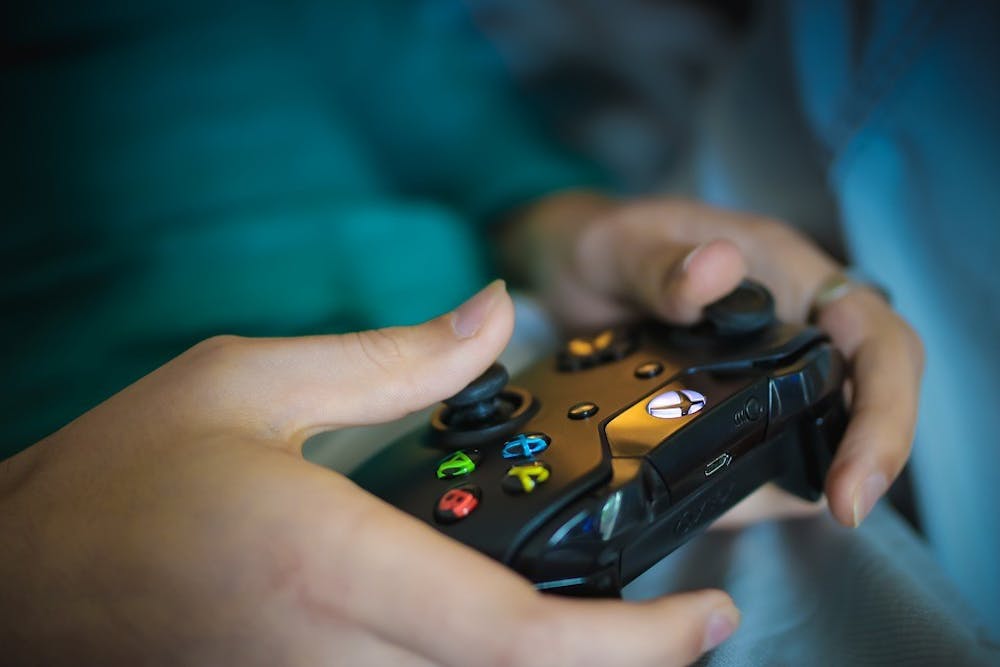A video game obsession is the bane for many parents who wish their child would focus more on their schoolwork, chores or other responsibilities. Traditionally, video games have been linked to lower productivity levels in adolescents.
However, a new study by the Ruhr-University Bochum demonstrated that video gamers are much better at learning than non-gamers, particularly when it comes to probability.
The study involved 34 volunteers who played a game that tested their ability to learn probabilities. Half the volunteers self-reported that they gamed over 15 hours a week, while the other half were not regular gamers. Their brain activity was recorded with magnetic resonance imaging (MRI).
The game, a well-known test for probabilistic learning, is called the weather prediction task. Participants are shown successive sets of three cards with symbols on them. Each set is then linked to different probabilities of “sun” and “rain.”
The participants then have to guess whether the sets correspond to “sun” or “rain.” They are shown whether their guess was correct after each set.
The researchers found that gamers were significantly better at associating the card sets with the correct result, even when the probability of the result was nearly evenly split — for example, with combinations which predicted 60 percent rain and 40 percent sun.
According to Ruhr-University researcher Sabrina Schenk, gamers also scored better on a post-game questionnaire about the knowledge they had gained about the sets.
“Our study shows that gamers are better at analyzing a situation quickly, to generate new knowledge and to categorize facts — especially in situations with high uncertainties,” Schenk said, according ScienceDaily.
The results of the study indicate that gamers seem to have the skillset needed to analyze situations quickly.
Researchers think that this might be because video games can help develop brain regions such as the hippocampus, which is responsible for learning and memory. In this particularly study, the MRI scans of the participants’ brains did show higher activity in the hippocampus.
This study’s findings add to a growing body of research showing that video games are good for your brain. Previous studies link gaming to better problem solving, visual processing and task performance.
The study’s implications could well go beyond being an excuse for teens who love to game. Schenk believes that it could be good news for the elderly. Since the hippocampus is associated with memory performance, video games could be used to help treat memory loss. Video games may prove to be a new, interactive way to learn.





